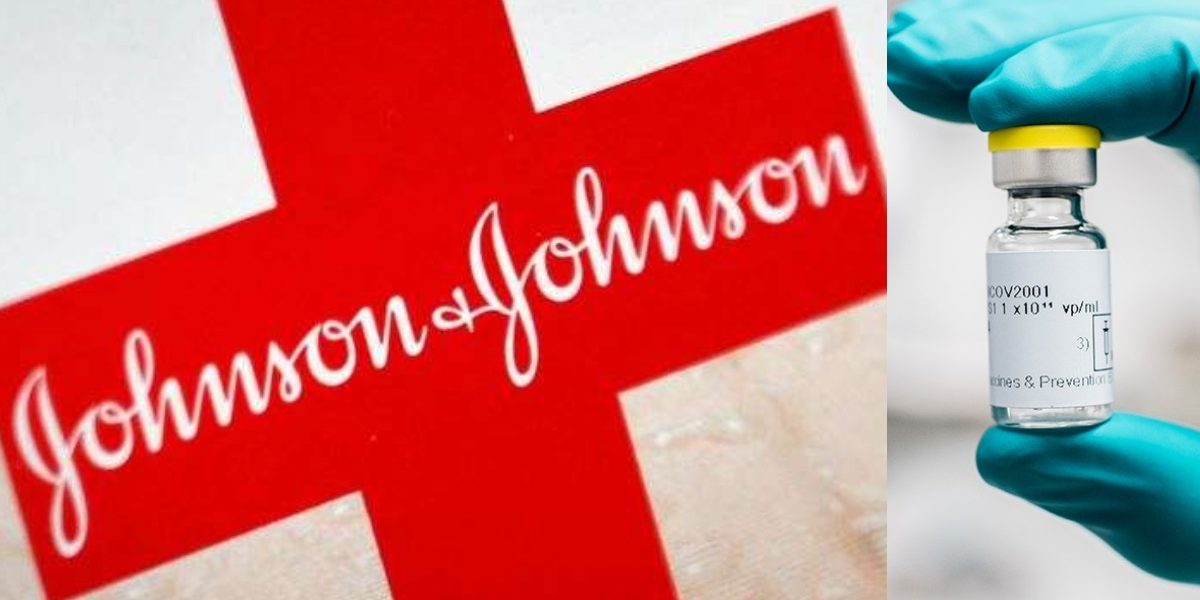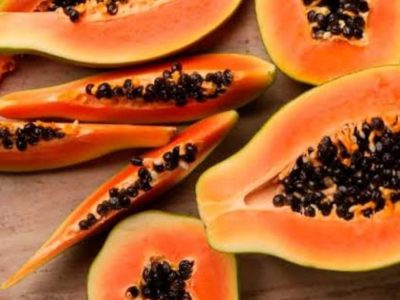Johnson & Johnson’s COVID-19 single-shot vaccine is 66% effective in global trial, but 85% effective against severe disease

Johnson & Johnson’s Covid-19 single-shot vaccine was shown to be 66% effective in preventing moderate and severe disease in a global Phase 3 trial, but 85% efficacy against severe disease, the company announced Friday.
The vaccine was 72% effective against moderate and severe disease in the US, the company said.
It’s a striking difference from vaccines from Pfizer/BioNTech and Moderna, and it may give pause to people uncertain about which vaccine to get or when they can get one. The vaccines already on the market in the US are about 95% effective overall against symptomatic Covid-19, with perhaps even higher efficacy against severe cases.
But experts say the Johnson & Johnson vaccine will still be useful against the pandemic in the United States and around the world.
“Among all participants from different geographies and including those infected with an emerging viral variant, Janssen’s COVID-19 vaccine candidate was 66% effective overall at preventing the combined endpoints of moderate and severe COVID-19, 28 days after vaccination. The onset of protection was observed as early as day 14,” the company said in a statement.
Janssen is Johnson & Johnson’s vaccine arm.
“The level of protection against moderate and severe COVID-19 infection was 72% in the US, 66% in Latin America and 57% in South Africa, 28 days post-vaccination.”
“We’re 85% effective at preventing severe disease, which we define as the disease that makes you feel particularly sick at home, or may go to the hospital, or worse,” Dr. Mathai Mammen, global head of research and development at Johnson & Johnson, told CNN.
“And we are right now completely protective, it would appear 100% protective, against the disease that actually does make you go to the hospital, we’re 100% protective against death.”
The company said the results held up across all age groups and people of various ethnicities.
Pfizer and Moderna both use genetic technology called messenger RNA, or mRNA technology. Johnson & Johnson uses a weakened common cold virus, known as adenovirus, to carry genetic instructions into the body to prompt an immune response.
The Johnson & Johnson vaccine has advantages, said Dr. Anthony Fauci, director of the National Institute of Allergy and Infectious Diseases
“A vaccine that’s inexpensive, that’s a single dose, and that has no cold chain requirements and that is pretty good,” Fauci told CNN.
Plus no cases of severe allergic reaction called anaphylaxis were seen in any of the volunteers, the company said.
Plus people do not have to worry about coming back for a second dose.
“We really wanted it to be a single dose. So we optimized our antigen so that we get enough immunogenicity after one dose, as opposed to two,” he said.
“If it’s a single-dose vaccine, then a billion vaccine doses would translate into a billion people vaccinated,” said Dr. Dan Barouch of Harvard Medical School, who helped develop the vaccine.
And, unlike the Pfizer and Moderna vaccines, it does not have to be stored in freezers. It can be stored for three months at refrigerator temperatures of 36 degrees to 46 degrees Fahrenheit.
Mammen said the company was working to file for emergency use authorization from the US Food and Drug Administration “inside of a week.” It will be the third company to seek EUA from the FDA for a coronavirus vaccine. Vaccines made by Moderna and by Pfizer/BioNTech were authorized in December and are now being given to millions of Americans.



